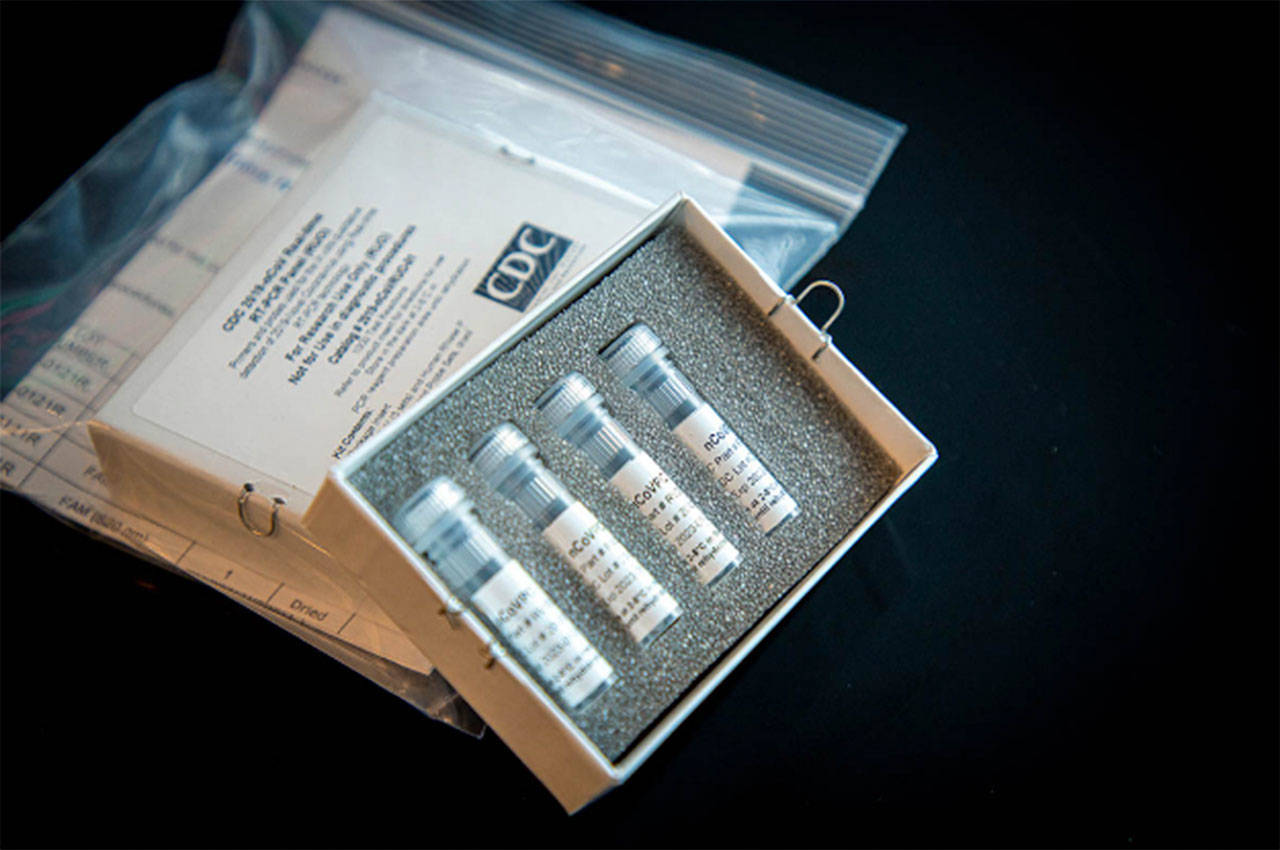Surging COVID-19 cases are creating a data backlog, prompting state health officials to encourage Alaskans who received a positive COVID-19 test result to notify their own close contacts as soon as possible, the Alaska Department of Health and Social Services said Monday.
A sheet released by DHSS strives to help people understand what steps they should take after being tested for COVID-19 and provides space for them to identify people with whom they have spent more than 15 minutes from a distance of 6 feet or less.
After being tested, people are to stay home and avoid all public places and transportation, keep at least 6 feet between themselves and others in their household and inform their place of business and child’s school that they are awaiting results, among other things.
The sheet also provides guidance on what people should do if their test comes back positive, when they can end isolation and whether or not people who have previously tested positive should be tested again.
The sheet can be accessed at http://dhss.alaska.gov/dph/Epi/id/SiteAssets/Pages/HumanCoV/Whattodoafteryourtest.pdf.
“Contact tracing remains a top priority for DHSS, but because of high case volume, public health officials are asking for the community’s help,” said the release from DHSS Commissioner Adam Crum.
According to the release, public health contact tracers are prioritizing who needs to be called first based on factors including how long ago the person was tested, if the person lives or works at a place where there is a high risk of transmission or if the person is at a higher risk for severe infection, as recommended by the Centers for Disease Control and Prevention.
The release also said that it is “likely” that some people will not be contacted and that health care providers and testing facilities are being asked to help educate patients about what to do while they wait for results in order to help fill this gap.
More information about COVID-19 and Alaska-specific resources can be found on the Alaska Department of Health and Social Services website at http://dhss.alaska.gov/dph/Epi/id/Pages/COVID-19/default.aspx.
Reach reporter Ashlyn O’Hara at ashlyn.ohara@peninsulaclarion.com.

